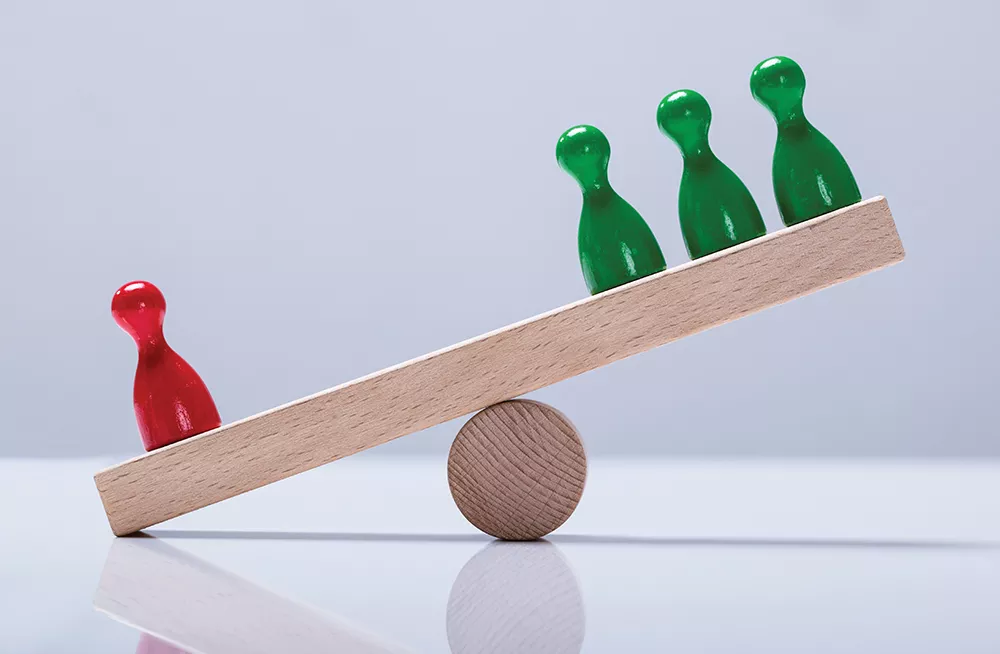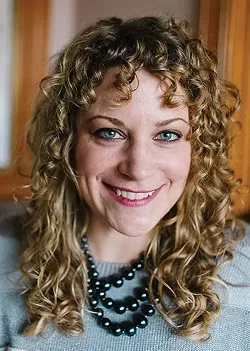As this issue goes to press, our city, our state, our country and our world are coping with the spread of a virus that's deadly to some, and not even noticed by others who have no symptoms but may spread it. The current COVID-19 pandemic has certainly given rise to anxiety that is activating for many Americans. It can help to step back and take a look at the emotions this situation provokes.
At its base, anxiety is a future-facing emotion. It prepares us for what might come and it activates us to get ready. As I've scrolled through my social media feed and spoken with patients, it makes sense that I feel anxiety rising in our society and even in myself. It's healthy. Without it, we would not even consider the future rise of the curve that we are collectively working so hard to flatten.
The interesting trade off with high levels of anxiety is that it narrows one's focus onto the immediate threat at the expense of other goal-oriented behavior if anxiety levels are too high. We see this when people hoard supplies from stores leading to their neighbors doing without. This is commonly referred to as fight-or-flight-or-freeze.
On the other side of the anxiety spectrum, we see people who have not been activated sufficiently. They may lack motivation to heed social distancing orders now in place in Washington state.
So, how do we take a healthy approach to anxiety? As a psychologist, I've learned to notice in my own body the physical sensations that alert me to my anxiety. Is my chest tight, breathing shallow, skin damp from sweat? Am I being short-tempered with others? I try to adequately label those sensations as an adaptive process my body is using to keep me healthy and alert, aka anxiety. Just reframing anxiety from bad to good can improve the experience of it.
After I recognize that I am anxious, I try to identify if I am also confusing my worries of the future with what's really happening in the world. Our thoughts can go to the most extreme futures, and our bodies will respond with anxiety. Staying present in this day and the current facts can help.
Lastly, I try to use self-compassion. By allowing myself to create space for anxiety, I also create space for the opportunity to live differently during the pandemic. Hopefully, that includes finding opportunities to feel joy, love, comfort, excitement, relaxation and all the other wonderful feelings of life.
Leslie Blevins is a psychologist and Board Certified Behavior Analyst at Spokane's Enilda Clinic. She specializes in child psychology, parent training, young child behavior, and physician wellness. She's worked in schools and physician offices. She provides free online educational videos to support families at EnildaClinic.com.
















